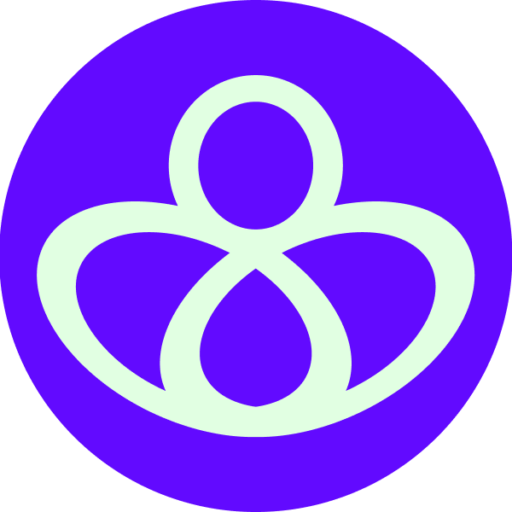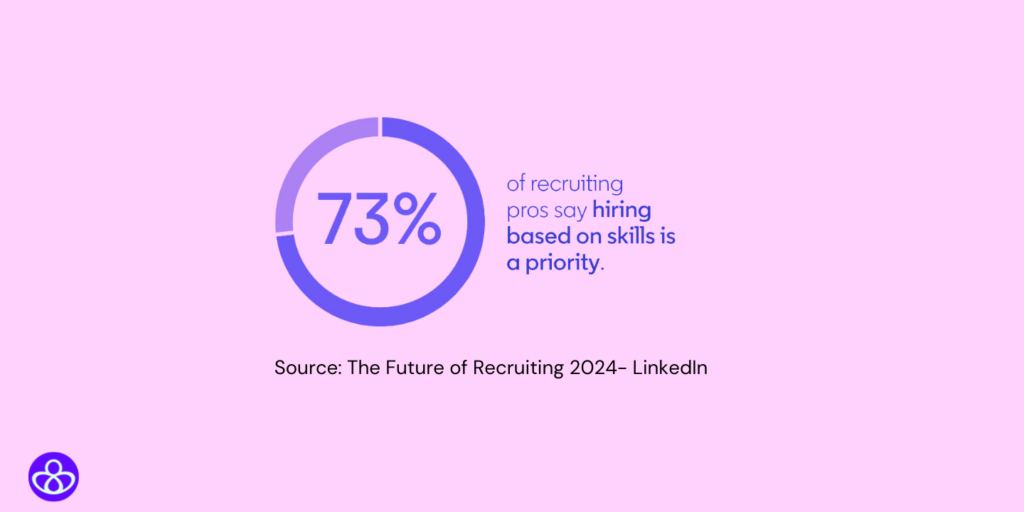Introduction: Language as a Medical Tool
In the rapidly globalizing world of healthcare, English proficiency is no longer optional. It’s becoming a critical asset for doctors, nurses, pharmacists, and administrators across Francophone Africa.
From accessing cutting-edge research to participating in international training and improving patient care, English is a bridge to professional advancement and better outcomes.
Countries like Senegal, Ivory Coast, Cameroon, Mali, Burkina Faso, Morocco, Democratic Republic of Congo, and Benin are seeing a rise in demand for English among healthcare workers.
Why English Matters in Francophone Healthcare Systems
1. Access to Global Medical Knowledge
- Over 70% of medical research is published in English.
- Leading databases like PubMed, Lancet, NEJM, and WHO resources are predominantly English-language.
- Lack of English restricts access to latest treatments, clinical trial updates, and public health protocols.
According to the World Health Organization, English is the working language for most global medical updates and guidelines.
2. Participation in International Programs
- Many doctors in West and Central Africa seek fellowships, telemedicine opportunities, and remote learning, almost all require strong English skills.
- NGOs like Doctors Without Borders, Partners in Health, and UN agencies often operate in English.
- WHO regional trainings increasingly use English as a shared platform between mixed-language teams.
3. Cross-Border and Emergency Collaboration
- In epidemics (e.g. Ebola, COVID-19), English was key for cross-border coordination in West Africa.
- Mixed-language teams from Anglophone and Francophone countries must work together.
- English is the lingua franca in most international health emergency coordination.
4. Career Mobility and Migration
- Health professionals from Francophone Africa are increasingly recruited to:
- Canada
- Gulf countries (UAE, Qatar, Saudi Arabia)
- The U.S.
- English-speaking African countries (Kenya, South Africa, Ghana)
- IELTS or OET scores are now required for most medical license applications.
For example, Canada’s Express Entry system awards significant points for strong English proficiency, particularly in healthcare roles.
Key Countries and the Rising Demand
| Country | Health Sector English Needs | Trends |
| Senegal | Medical English needed for WHO programs | Ministry of Health exploring bilingual training |
| Ivory Coast | Nurses & midwives seeking work abroad | Canada, U.K., Gulf demand rising |
| Cameroon | Bilingual country; strong demand in west | Dual-language systems in hospitals |
| DR Congo | Heavy NGO presence requires English | NGOs like MSF operate in English |
| Benin | Growing telehealth and digital health sectors | Remote training in English increasing |
Real-World Impact of English Proficiency
- Better understanding of treatment protocols
- More accurate patient documentation for international collaboration
- Eligibility for sponsored scholarships and exchanges
- Higher income potential when working in international clinics or programs
A study by the British Council (2019) highlighted that healthcare professionals in Francophone Africa with English proficiency were 30–40% more likely to access professional development opportunities abroad.
How English for Healthcare Should Be Taught
The best programs are not general English. They are contextualized for the medical environment, including: Patient interaction and empathy, medical terminology and documentation, clinical simulations and role plays, understanding drug labels and treatment guidelines, communicating with international healthcare practitioners and doctors.
Sohaara’s English for Healthcare programs are tailored to these specific needs, making learning faster and more relevant.
Final Word for Decision Makers
English proficiency is no longer just for diplomats or international NGOs. It’s an essential skill for any healthcare worker looking to provide better care, access new tools and knowledge, and move their careers forward.
Ministries of Health, training institutions, hospitals, and NGOs across Francophone Africa must now ask:
“Are we preparing our healthcare professionals for the future?”
At Sohaara, we offer English for Healthcare programs that combine real-world content, live instruction, and flexible format, so professionals can thrive locally and globally.
Contact Sohaara
📩 hello@sohaara.com
🌐 www.sohaara.com
📞 +1 857-576-1028




